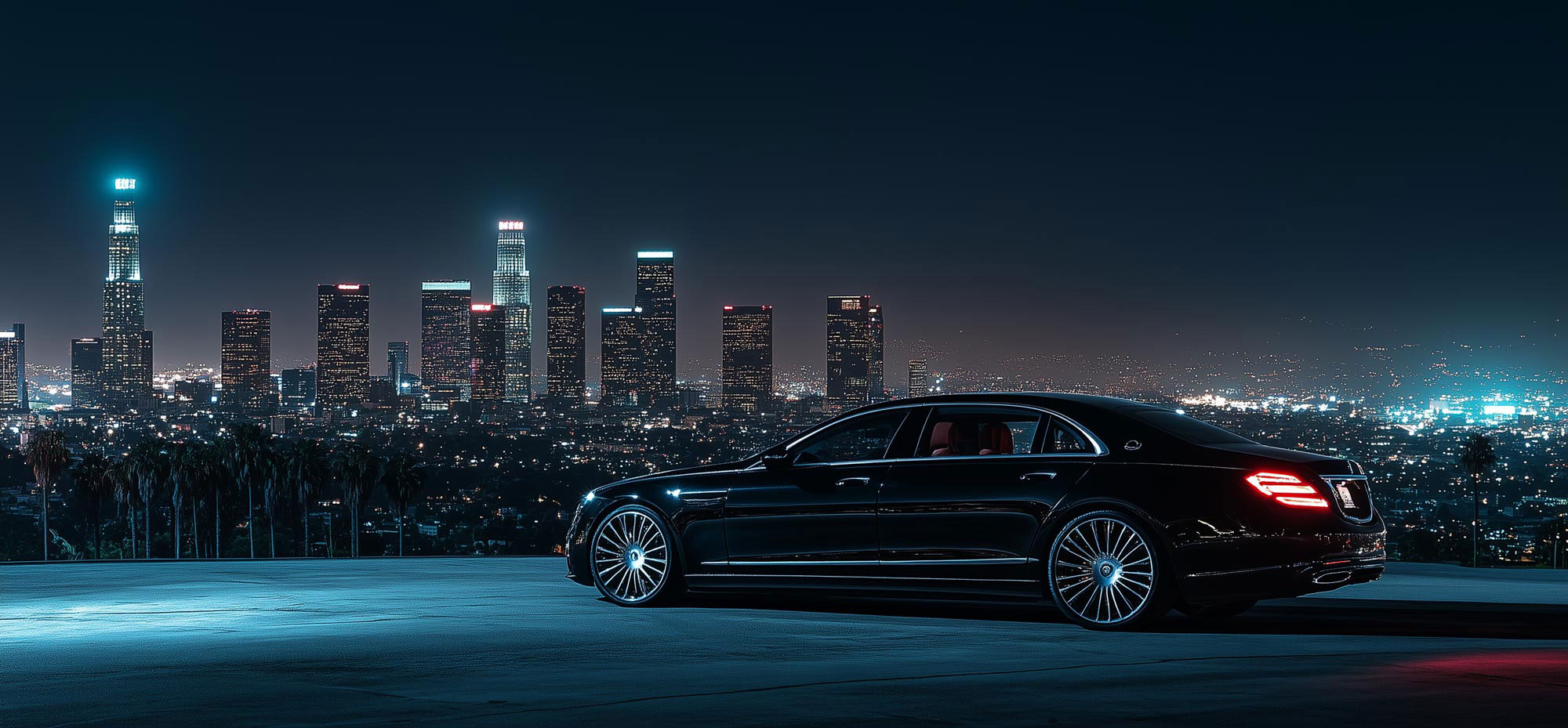Understanding the Difference Can Save You Money — and Legal Trouble
If you use your vehicle for work, you might assume your personal auto insurance has you covered. But that’s not always the case. Understanding the differences between commercial and personal auto insurance is crucial for ensuring you have the right protection. Let’s break down what each policy covers, who needs what, and how to make the right choice for your situation.

Personal Auto Insurance vs. Commercial Auto Insurance
At first glance, personal and commercial auto policies may seem similar, but they serve different purposes. Here’s how they compare:
| Feature | Personal Auto Insurance | Commercial Auto Insurance |
| Who It Covers | Individuals and families | Businesses, employees, and owners |
| Typical Use | Commuting, errands, personal trips | Transporting goods, business travel, commercial use |
| Vehicle Type | Personal cars, SUVs, some small trucks | Work trucks, vans, company-owned cars, specialized vehicles |
| Liability Limits | Standard coverage limits | Higher coverage limits to protect against lawsuits |
| Who’s Covered to Drive? | Only named drivers (you, spouse, or family members that live with you) | Employees, business partners, and others driving for work |
Who Needs Commercial Auto Insurance?
You might need a commercial policy if you:
- ✅ Use your vehicle to transport goods, equipment, or passengers for work
- ✅ Operate a business that requires frequent travel between job sites
- ✅ Have employees driving company-owned or leased vehicles
- ✅ Use a van, work truck, or specialized vehicle for business purposes
- ✅ Carry high-value tools, inventory, or commercial equipment in your vehicle
Examples of businesses that need commercial auto insurance:
- Contractors (plumbers, electricians, landscapers)
- Delivery services (florists, food delivery, courier companies)
- Rideshare or transportation services (Uber, Lyft, shuttle services)
- Real estate agents and sales professionals who frequently travel for work or give rides to clients to visit various prospective homes.
When Is Personal Auto Insurance Enough?
A personal policy might be sufficient if you:
- Use your car primarily for commuting and personal errands
- Occasionally drive to work-related events (but not as a primary function of your job)
- Don’t transport clients, products, or equipment for work
- Don’t have employees driving your vehicle
However, if you use your personal car for business-related activities regularly, your insurer might deny claims if they determine you should have had a commercial policy instead.
What Happens If You Choose the Wrong Policy?
- Claim Denials: If your personal auto insurance company discovers you were using your car for business purposes, they can deny your claim—even if you pay your premiums on time.
- Lawsuits & Liability Risks: Commercial accidents often involve higher damages. Without proper coverage, you could be personally responsible for costs exceeding your policy limits.
- Policy Cancellations: Misrepresenting how you use your vehicle can lead to your insurer dropping your coverage altogether.
How to Choose the Right Coverage
If you’re unsure whether you need commercial auto insurance, consider your vehicle’s use case. Ask yourself, “What do I use my vehicle for daily?” Do you often carry equipment or inventory for work, or only for personal projects? Are you using your car for more than simply commuting to and from your job site? Additionally, do other employees use your car for work-related activities?
If your car is primarily used for business or if others drive it for work purposes, commercial auto insurance is likely the best choice.
Get the Right Coverage Before You Need It
Choosing between personal and commercial auto insurance isn’t just about cost—it’s about making sure you have the right protection when it matters most. If you’re unsure whether your current policy covers your work-related driving, ArcLight Insurance can help.
Contact us today for a free consultation, and we’ll make sure you have the right coverage for your needs.

